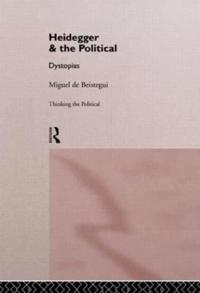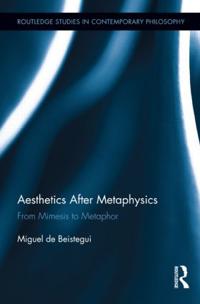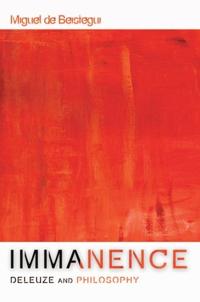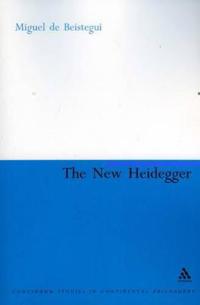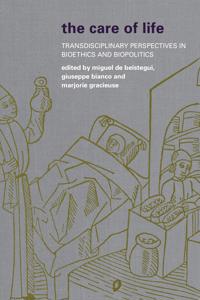Heidegger and the Political (Häftad)
avMiguel de Beistegui
ISBN: 9780415130646 - UTGIVEN: 199711Recent studies of Heidegger's involvement with National Socialism have often presented Heidegger's philosophy as a forerunner to his political involvement. This has occured often to the detriment of the highly complex nature of Heidegger's relation to the political. Heidegger and the Political redre[...]
Aesthetics After Metaphysics (Inbunden)
avMiguel de Beistegui
ISBN: 9780415539623 - UTGIVEN: 201207This book focuses on a dimension of art which the philosophical tradition (from Plato to Hegel and even Adorno) has consistently overlooked, such was its commitment - explicit or implicit - to mimesis and the metaphysics of truth it presupposes. De Beistegui refers to this dimension, which unfolds o[...]
Proust As Philosopher (Pocket)
avMiguel De Beistegui
ISBN: 9780415584326 - UTGIVEN: 2012-09-01Marcel Proust's In Search of Lost Time has long fascinated philosophers for its complex accounts of time, personal identity and narrative, amongst many other themes. Proust as Philosopher is the first book to properly explore Proust from a philosophical angle and argues that the key to understanding[...]
Immanence - Deleuze and Philosophy (Häftad)
avMiguel de Beistegui
ISBN: 9780748649068 - UTGIVEN: 201203Miguel de Beistegui identifies the impetus and driving force behind Deleuze's philosophy and its concepts. By returning Deleuze's thought to its source--or, following Deleuze's own vocabulary, to what he calls the event of that thought--Beistegui extracts its inner consistency: immanence. Chapters d[...]
The New Heidegger (Häftad)
avMiguel de Beistegui
ISBN: 9780826470614 - UTGIVEN: 200509A comprehensive and accessible overview of, and introduction to, the work of one of the twentieth century's most influential philosophers, Martin Heidegger, by one of the world's foremost Heidegger scholars. Martin Heidegger's work is pivotal in the history of modern European philosophy. The New Hei[...]
The Care of Life (Pocket)
avMiguel (EDT) De Beistegui, Giuseppe (EDT) Bianco, Marjorie (EDT) Gracieuse
ISBN: 9781783480388 - UTGIVEN: 2014-12This interdisciplinary collection of essays demonstrates how the ethical and political problems we are confronted with today have come to focus largely on life. The contributors to this volume define and assess the specific meaning of life itself. It is only by doing so that we can understand why li[...]

